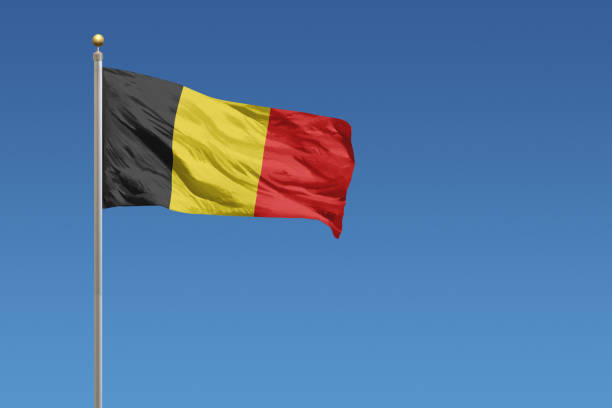If you are to immigrate to Belgium from India, it’s important to be aware of the immigration requirements, process of application process, and the post-arrival duties. The following is a complete guide to help you through the process:

Visa requirements for Indian citizens
With a view to a visa, as an Indian citizen, you need to apply for a visa before entering Belgium. The kind of visa depends on the reason and the number of days of your stay:
- Short-Stay Visa (Type C).
- Purpose: Tourism, business, or family visits.
- Duration: Up to 90 days within 180 days.
Getting the right visa
Belgium does not require EU citizens to have a visa to be able to enter the country. For short-term stay, there are special visa waiver programs for a few countries outside the EU, too. To know the kind of visa that you require, contact your nearest Belgian embassy. All visa applications have to be submitted to your nearest Belgian embassy or consulate when you are about to move to Belgium. There is one application form for short-term visas (90 days and below) and another for long-term visas. In addition to your valid passport, various documents are to be presented, depending on the purpose of your stay. Non-EU foreigners who are immigrating to Belgium must have a long-term visa.
Application process
Make your application online through VFS Global centres in India. Some of the required documents are a valid passport, recent photographs, travel itinerary, proof of accommodation, travel insurance, and financial means.
Visa fee: €90 (approximately INR 8,460).
Long-Stay Visa (Type D)
Purpose: Work, study, or family reunification.
Apply at the Belgian Embassy in New Delhi or the Consulate General in Mumbai.
Other documents could be admission letters (for students), work contracts (for workers), or evidence of family relations (for reunification).
Visa fee: €180
Residence permit application
Upon entry into Belgium with a long-stay visa, you need to apply for a residence permit:
Registration: Notify the local municipal authority (commune) within eight days after arrival.
Documentation: Produce your passport, visa, and accommodation, as well as other required documents.
Residence Card: You will get an A-card valid for the period of your stay. ([Belgium]
Getting the right Visa
EU citizens do not require a visa to enter Belgium. For the short-term visits, there are also visa waiver plans for some non-EU countries. To get to know the kind of visa that you need, contact the nearest Belgian embassy. All visa applications, though, should be sent to your nearest Belgian embassy or consulate before moving to Belgium. There is an application form to one of long-term visa and another for a short-term visa (up to 90 days). Apart from a valid passport, there are several supporting documents required based on the reason for your stay. The foreigners who are not EU origin, when they travel to Belgium, need a long-term visa.
Key considerations
Language Proficiency: Despite not being needed for all kinds of visas, it may be of assistance to know French, Dutch or German, especially regarding employment and integration.
Financial means: You are required to demonstrate that you have the capability of sustaining yourself while you are there.
Health Insurance: You need full coverage of health insurance during your stay.
Family Reunification: Your family members may accompany you to Belgium, depending on some conditions and documents.
Settling in Belgium
Accommodation: Secure housing upon arrival or soon after arrival. Residence registration will normally involve rental agreements.
Employment: If you are relocating to work, make sure that your contract of employment meets the labour laws of Belgium.
Education: For students, enrollment in recognised institutions is a must, in addition to financial means and health insurance.
The Socio-political problem of languages that are dividing Belgium
The change of Belgium’s constitution to a trilingual one is a fairly recent event, the initial step to the establishment of a federal state. Nevertheless, the linguistic division still presents problems both at a political and a cultural level.
On reaching Belgium, foreigners are usually shocked when they discover the system of government is complex. This is because of the autonomy of the three language communities and conflicts between the French and Flemish segments of the population. Expats in Belgium tend to find out that their experience in the country is largely dependent on the language community in which they live.
Your relocation to Belgium may be hampered by the total lack of a national cultural framework. The media and the major organisations and institutions do not cross the linguistic borders.
You may also find these articles helpful
Frequently Asked Questions on Belgium
Belgium immigration quotas and caps – what you need to know

